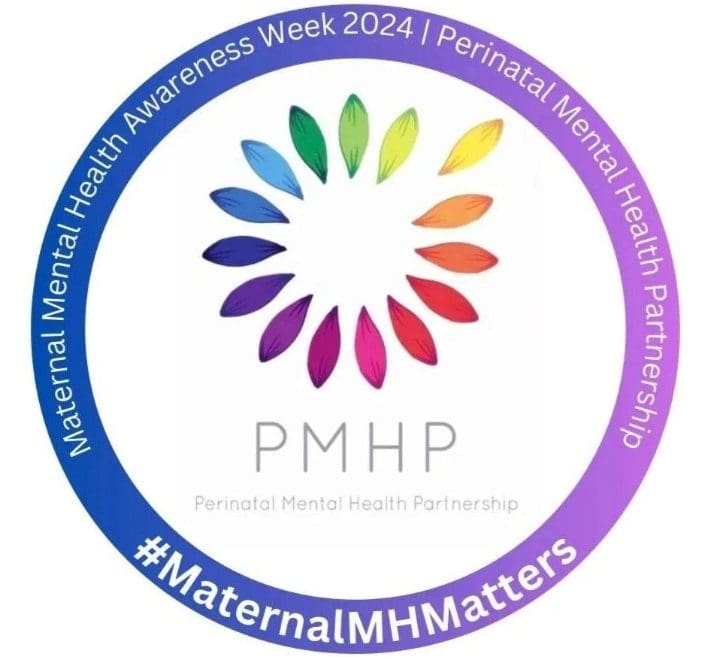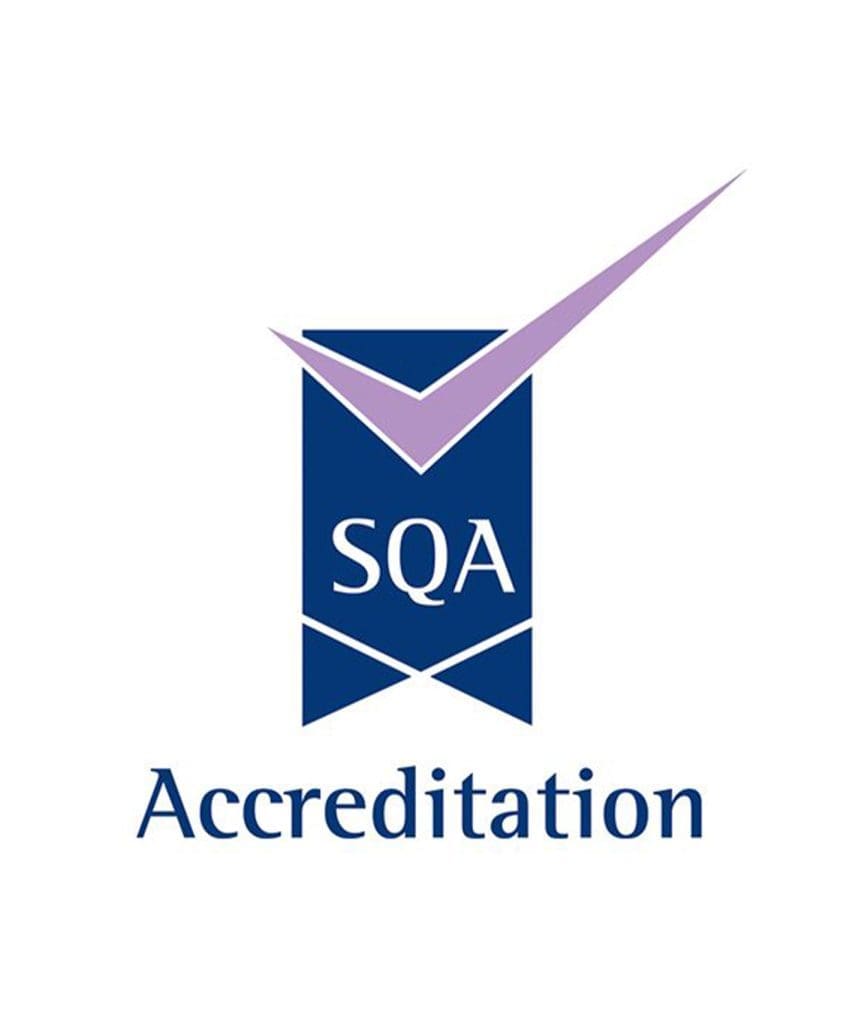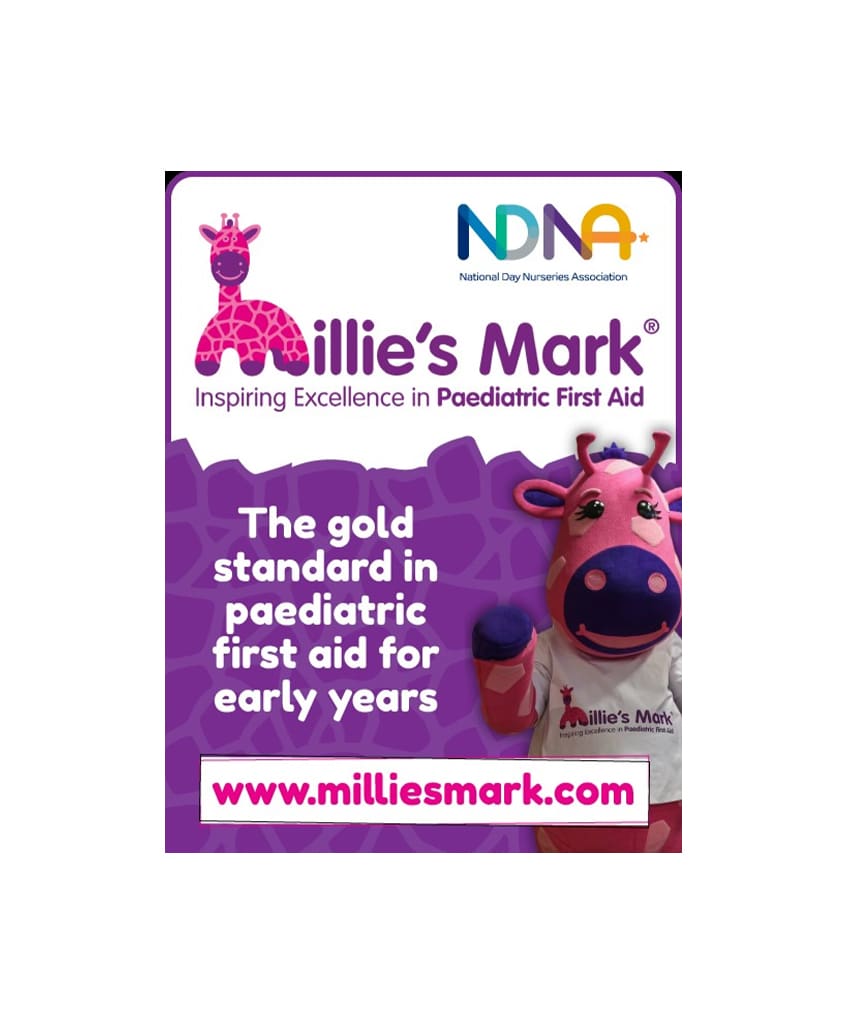With it being Maternal Mental Health Week we wanted to give you some support and advice on mental health during and after pregnancy.
Pregnancy and postpartum mental health issues are common. There are some women who have previous mental health conditions that can be exacerbated during pregnancy or by having a baby. Others may be experiencing their first mental health problem.
Please remember that health professionals such as GPs, midwives, health visitors and mental health services are available to help you. Do not delay calling them if you are concerned about symptoms.
The majority of people know about postnatal depression, or PND, but depression can also occur during pregnancy. Anxiety, obsessive-compulsive disorder (OCD), post-traumatic stress disorder (PTSD), and eating disorders are also common perinatal mental illnesses.
The severity of these illnesses can range from mild to severe, and they require expert treatment as soon as possible. It is possible that some conditions existed before pregnancy, got worse during pregnancy, or manifested for the first time during pregnancy.
Postpartum psychosis is considered the most serious perinatal mental health problem, and should be treated as an emergency.
What can cause maternal mental health problems?
A perinatal mental health problem can affect anyone, although there are some factors that make someone more likely to become unwell, including:
- a history of mental health problems
- biological causes
- lack of support
- difficult experiences during childhood
- domestic abuse
- financial concerns or insecure housing
- traumatic experiences, including birth trauma.
Mental health and well-being tips during and after pregnancy
Try to create a routine
Simple, flexible routines that offer structure and reassurance can help sustain or improve mood. It may be helpful to write down your daily schedule and place it somewhere you can easily access it. In addition, if you have children or a baby, your routine can be shaped around any routines that you create for them.
To help fill your schedule, you could first make a list of mental, physical and social activities to choose from. Then, if possible, add a mix of these activities to each day, as this can be beneficial to adults, children and babies.
A healthy mind and body
You may find the following helpful in managing and reducing anxiety and low moods:
- Identify specific thoughts that may be making you feel low. Look for what’s going through your mind while you are feeling anxious or upset.
- Determine whether these thoughts are accurate, healthy, and compassionate.
- If not, try replacing these thoughts with something more accurate, healthy and compassionate.
- Whenever you have these thoughts, remind yourself to do this.
Being with your baby
The most important thing for your baby is you. Your baby is fascinated by your face, which is a scientific fact. In the first few years of a baby’s life, they will learn faster than at any other time. And even during your pregnancy your baby can sense and learn from what is happening in the outside world and how you’re feeling.
It’s also important to remember to take breaks when you can and be kind to yourself, which will in turn benefit your baby.
It’s ok to ask for help and support
Everybody has moments in their lives when they require the assistance and support of others. Try not to be concerned or hesitant to ask for help and make good use of the support you need if you are currently in need of it for your mental health.
To get their support, discuss your feelings with your partner, your family, friends, or a support group. There will always be opportunities in the future to return kindness that has been offered to you.
If you are concerned about your mental health, or the mental health of someone you know, it is important to either:
- Talk to a health professional, such as a GP, midwife, health visitor or therapy service
- Go to A&E at your local hospital
- Call the Samaritans on 116 123 (free to call and will not appear on your phone bill), or email jo@samaritans.org
- Call Lifeline (Northern Ireland only) on 0808 808 8000 (free of charge)
- Access mental health services https://www.nhs.uk/mental-health/social-care-and-your-rights/how-to-access-mental-health-services/
If you would like to talk to us about Mental Health training, please call us on 01276 586943 or email us at admin@crosscountiestraining.co.uk.
Our mental health courses we have available can be found here; https://crosscountiestraining.co.uk/courses/.








